A Florida judge on Monday officially exonerated four young black men — known as the Groveland Four — who were falsely accused of raping a white women over 70 years ago.
Administrative Judge Heidi Davis dismissed the indictments of Ernest Thomas and Samuel Shepherd, who were shot and killed by law enforcement officers, and cleared the convictions and sentences of Charles Greenlee and Walter Irvin.
The four men, who were aged 16 to 26 at the time, were accused of raping a white woman in the small central Florida town of Groveland in 1949 during the Jim Crow era.
“We followed the evidence to see where it led us and it led us to this moment,” said state attorney Bill Gladson following a hearing that was held in the same courthouse where the original trials were seven decades ago.
Family members of the accused attended the moving hearing on Monday, which brought some to tears. Many hope the exoneration will open opportunities for other racially motivated convictions to be overturned.

“We are blessed. I hope that this is a start because a lot of people didn’t get this opportunity. A lot of families didn’t get this opportunity. Maybe they will,” said Aaron Newson, Thomas’ nephew, through tears.. “This country needs to come together.”
Thomas was killed by a mob that shot him more than 400 times shortly after he was accused of rape. The local sheriff, Willis McCall, fatally shot Shepherd and wounded Irvin in 1951 as he drove them to a second trial after the U.S. Supreme Court overturned their original convictions, saying no evidence had been presented. The sheriff claimed the men tried to escape, which Irvin denied.
Irvin was represented by future Supreme Court Justice Thurgood Marshall, Sr. during his second trial, when he was convicted again by an all-white jury and sentenced to death. Irvin’s sentence was commuted to life in prison with parole by Gov. LeRoy Collins in 1954. He was paroled in 1968 but died in 1969. Greenlee was also sentenced to life but was paroled in 1962. He died in 2012.

In 2017, the Florida legislature formally apologized to the Groveland Four’s families. Gov. Ron DeSantis granted posthumous pardons two years ago. Former Florida Attorney General Pam Bondi asked the state Department of Law Enforcement to review the case, who presented its findings to Gladson earlier this year for review.
Gladson’s investigation included an interview with the grandson of Jesse Hunter, who had prosecuted two of the four men. His grandson, Broward Hunter, said that his grandfather and a judge knew that there was no rape.
The grandson told Gladson that Willis may have shot Shepherd and Irvin because of the sheriff’s illegal gambling operation, based on letters he found in his grandfather’s office in 1971 that suggested Irvin may have also been involved in the operation.

James Yates, a deputy who was the prosecution’s primary witness, likely fabricated evidence including shoe casts, Gladson found. In September, Irvin’s pants were sent to a crime lab to be tested for semen, which came back negative. Jurors had been told that the pants were stained.
Writer Gilbert King, who won the Pulitzer Prize for his 2012 book about the case, “Devil in the Grove: Thurgood Marshall, the Groveland Boys, and the Dawn of a New America,” attended the hearing on Monday along with Thurgood Marshall Jr., the son of the late U.S. Supreme Court justice.
King noted that the courthouse location was “of significant importance because upstairs there was a courtroom where 72 years ago (an) abomination of justice took place,” he told The Associated Press.
Marshall Jr. said the Groveland case “haunted” his father for his entire life,
“But he believed better days were ahead,” Marshall Jr. told AP.
With Post Wires

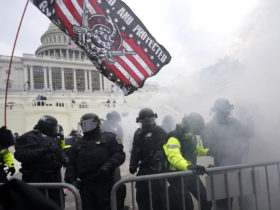
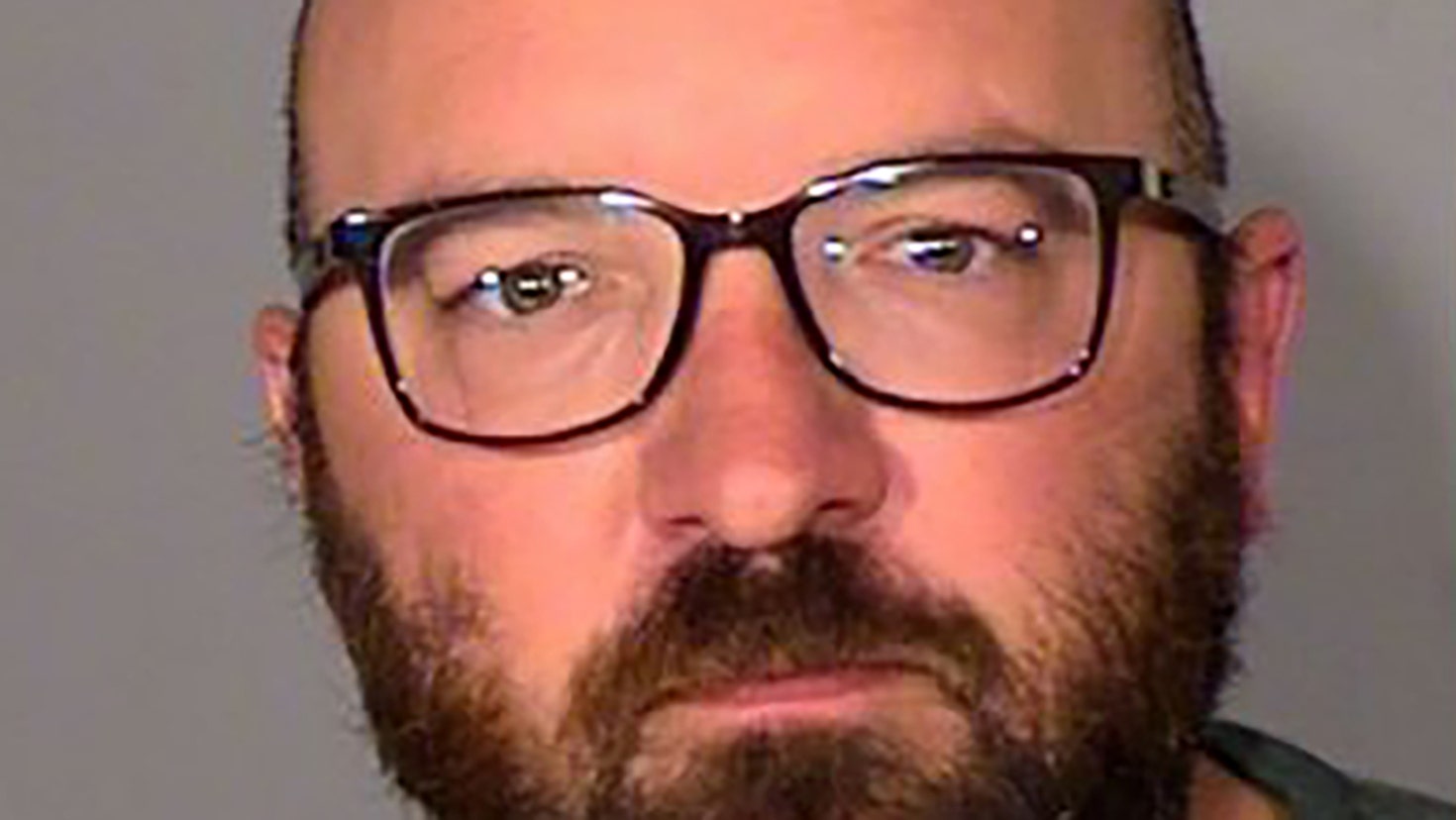
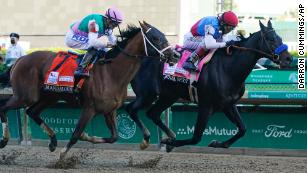
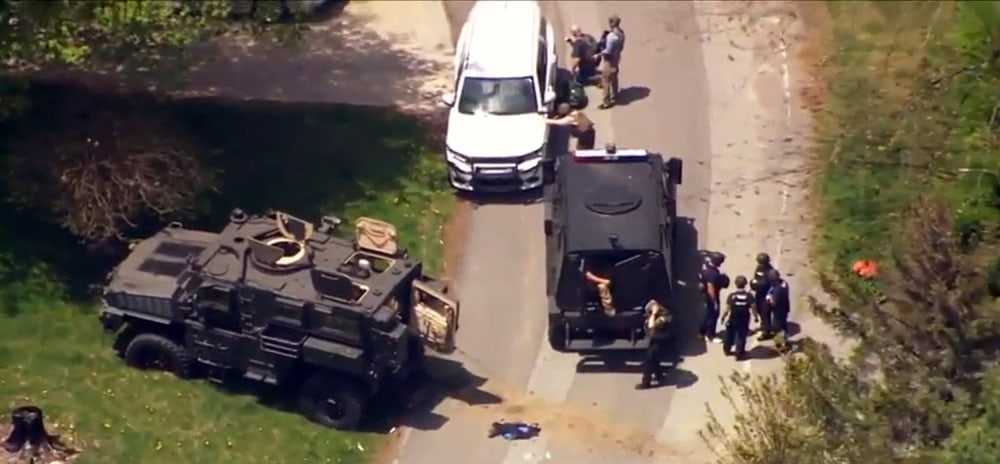
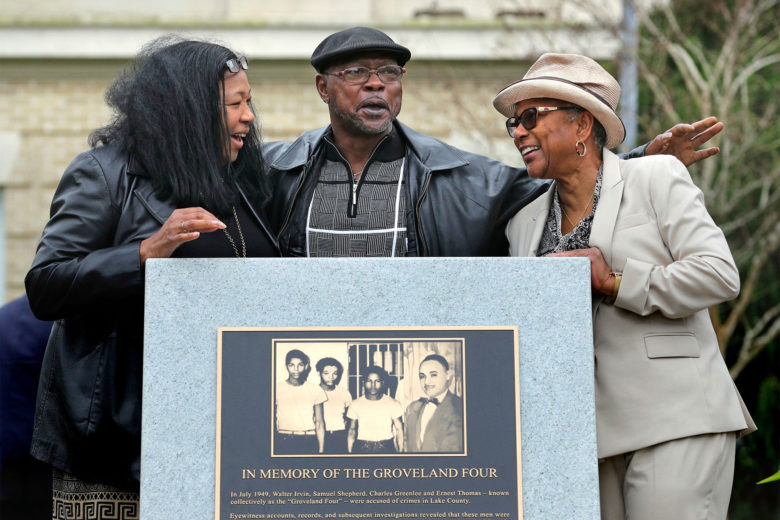
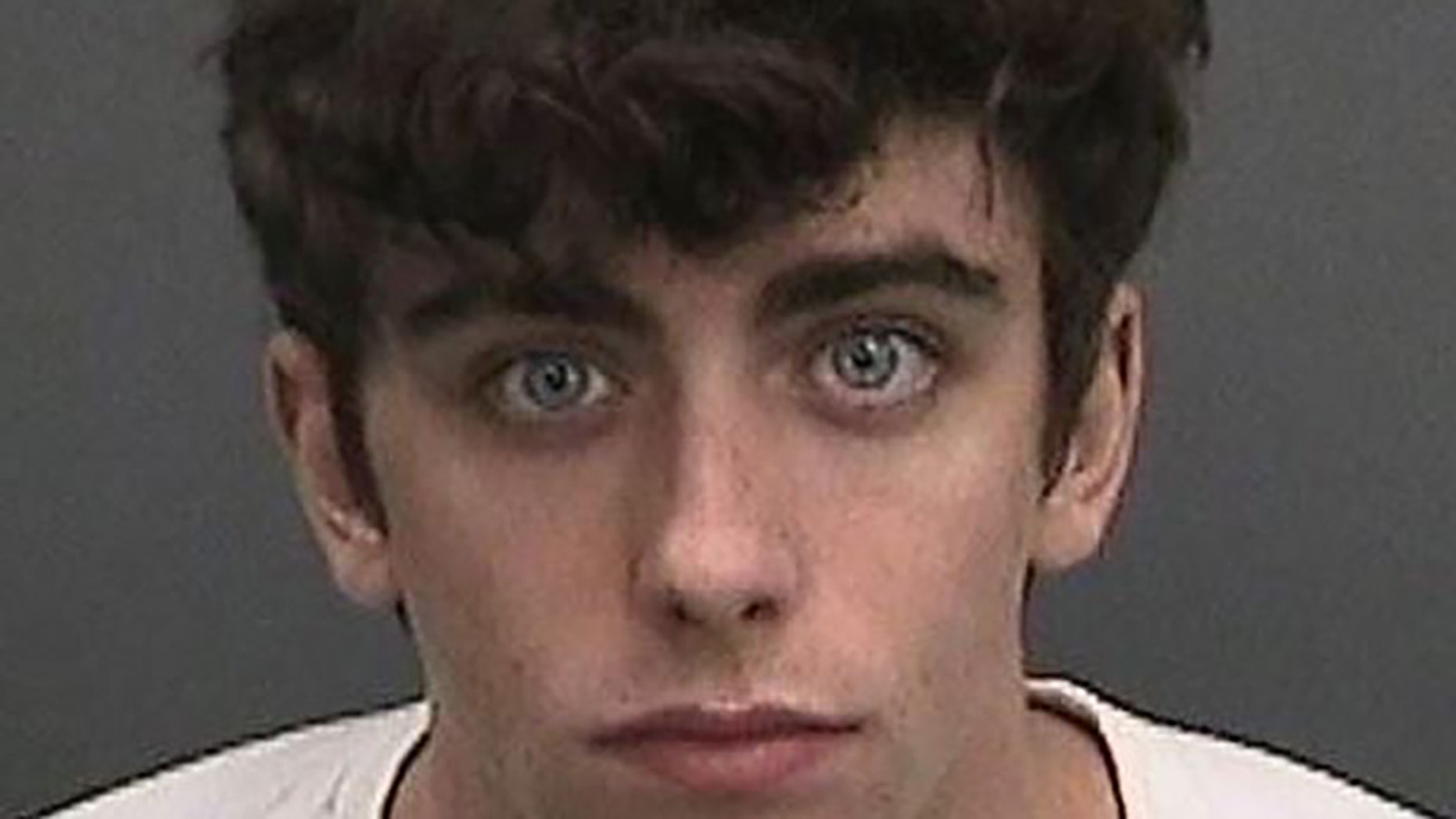


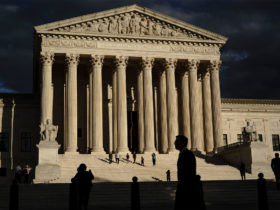
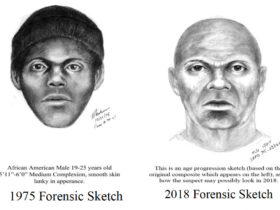
Leave a Reply